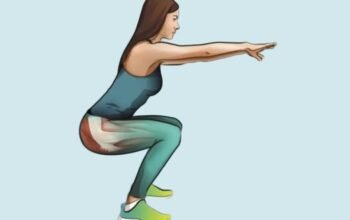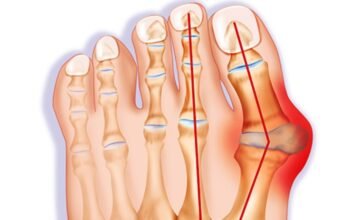Getting a good night’s sleep is crucial for overall health and well-being, yet many people struggle to fall asleep easily and wake up feeling refreshed. In our fast-paced, high-stress world, sleep disorders and poor sleep quality have become increasingly common, affecting millions of people worldwide.
The Science of Sleep: Why It Matters
Sleep is not just a passive state of rest, but an active process essential for physical and mental restoration. During sleep, our bodies undergo critical functions that support healing, memory consolidation, and emotional regulation. The average adult needs 7-9 hours of sleep per night, but approximately 70% of adults report not getting enough quality sleep.
Our sleep follows a complex cycle consisting of two primary stages:
- Non-REM Sleep: A restorative phase where the body repairs tissues, builds bone and muscle, and strengthens the immune system
- REM (Rapid Eye Movement) Sleep: A stage critical for cognitive functions like memory processing and emotional regulation
Common Sleep Disorders and Their Impact
Many people suffer from sleep disorders that significantly impact their quality of life. The most prevalent sleep issues include:
- Insomnia (affecting approximately 30% of the population)
- Sleep Apnea
- Restless Leg Syndrome
These disorders can result from various factors, including stress, anxiety, poor lifestyle habits, and environmental conditions. Chronic sleep deprivation can lead to serious health consequences, such as weakened immune systems, increased risk of cardiovascular diseases, and reduced cognitive performance.
Natural Strategies for Better Sleep
Fortunately, there are numerous natural approaches to improve sleep quality without relying on pharmaceutical interventions:
Herbal Supplements and Dietary Approaches
Several natural supplements have shown promise in promoting sleep:
- Melatonin: A hormone that regulates sleep-wake cycles (70% of users report improved sleep quality)
- Valerian Root: An herbal supplement known for its calming properties
- Chamomile Tea: A natural relaxant that can help reduce anxiety
Relaxation Techniques
Incorporating relaxation methods can significantly improve sleep onset and quality:
- Deep breathing exercises
- Progressive muscle relaxation
- Meditation
- Gentle yoga before bedtime
Leveraging NLP Techniques for Sleep Improvement
Neuro-Linguistic Programming (NLP) offers innovative techniques to address sleep challenges:
- Anchoring: Creating a physical or mental trigger associated with relaxation
- Visualization: Imagining peaceful scenarios to calm the mind
- Positive Affirmations: Reframing negative thoughts about sleep
Studies indicate that NLP techniques can improve sleep quality by up to 45%, primarily by reducing anxiety and promoting mental relaxation.
Creating the Ideal Sleep Environment
Your sleeping environment plays a crucial role in sleep quality. Consider these recommendations:
- Maintain a cool room temperature (around 65°F)
- Use blackout curtains to ensure complete darkness
- Minimize noise with earplugs or white noise machines
- Invest in a comfortable mattress and pillows
- Avoid electronic devices at least one hour before bedtime
Conclusion
Improving sleep is a holistic process that requires attention to physical, mental, and environmental factors. By implementing these natural strategies, NLP techniques, and creating an optimal sleep environment, you can significantly enhance your sleep quality and overall well-being.
Remember, consistent practice and patience are key. Everyone’s sleep journey is unique, so be kind to yourself and experiment to find what works best for you.






